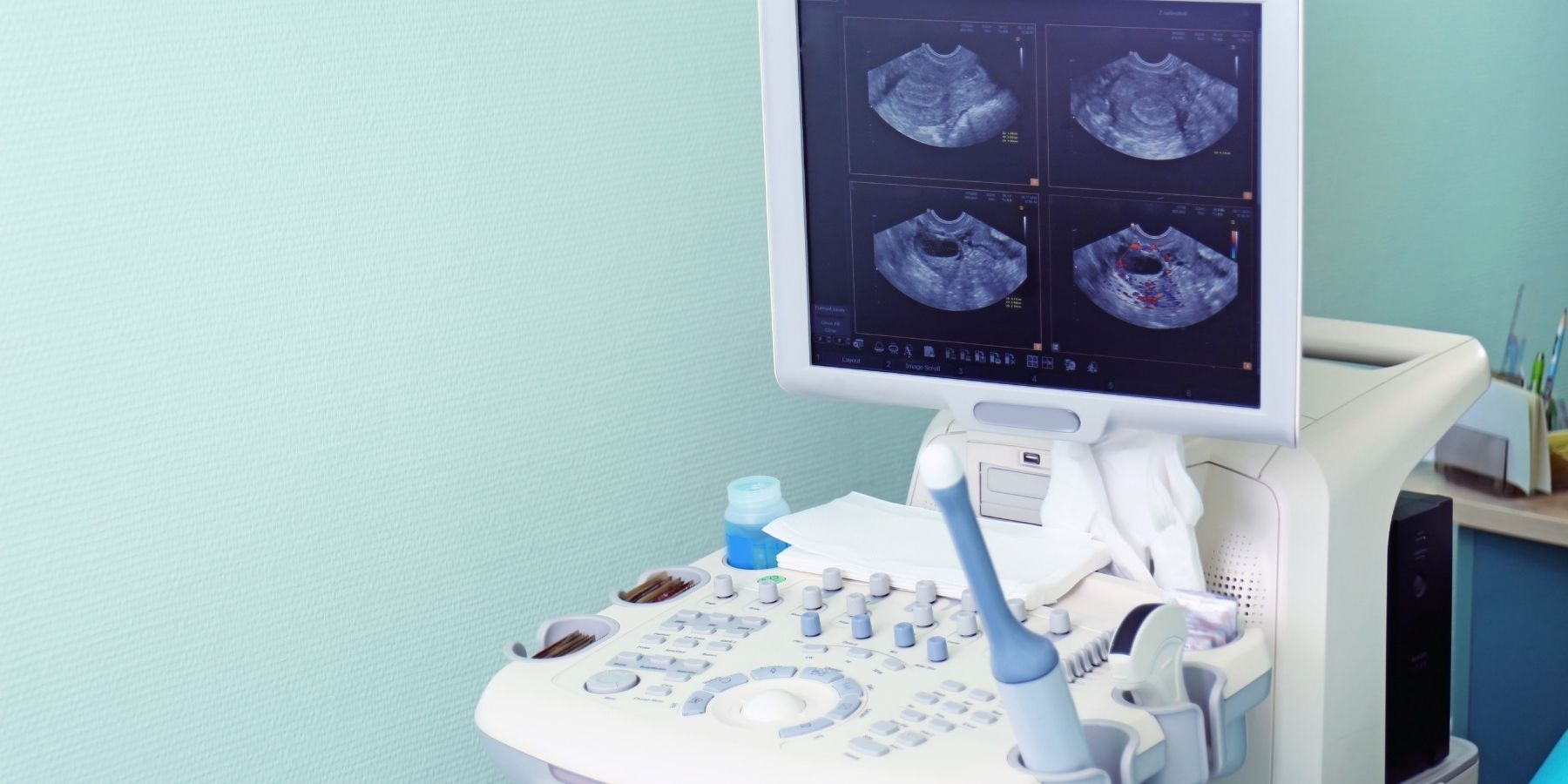Ultrasounds have become a routine part of prenatal care, allowing expectant parents to catch a glimpse of their growing baby and monitor the pregnancy’s progress. But just how safe are ultrasounds during pregnancy, and what role does drinking water before ultrasound play in the process? Let’s explore the safety of ultrasounds and the importance of hydration.
The Safety of Ultrasound Imaging
Ultrasound, often referred to as sonography, is considered safe during pregnancy when performed by trained healthcare professionals. It relies on sound waves to create images of the developing fetus and the mother’s reproductive organs. Unlike X-rays and CT scans, ultrasounds do not use ionizing radiation, making them non-invasive and generally harmless.
The Role of Hydration
In some cases, drinking water before ultrasound can be recommended, especially for abdominal ultrasounds. Staying well-hydrated helps improve the clarity of the images by allowing sound waves to travel more easily through the body. When the image quality is clear, healthcare providers can obtain accurate measurements and assess the baby’s health more effectively.
Hydration Guidelines Before an Ultrasound
If your healthcare provider suggests drinking water before your prenatal ultrasound, they will typically provide specific instructions. Here are some general guidelines to consider:
Timing: You may be advised to start drinking water an hour before your appointment. However, follow your provider’s instructions closely.
Amount: Drinking about 32 ounces (four 8-ounce glasses) of water is often recommended. It’s essential not to overhydrate, as this can make you uncomfortable during the procedure.
Bladder Fullness: The goal is to have a comfortably full bladder, not an overly distended one. You should feel the urge to urinate but not be in severe discomfort.
FAQs About Ultrasounds During Pregnancy
Q: Are ultrasounds harmful to the baby?
A: No, ultrasound technology is generally considered safe and does not harm the baby. It uses sound waves, not radiation.
Q: Can I refuse to have an ultrasound during pregnancy?
A: Ultrasounds are typically recommended as part of routine prenatal care. However, you have the right to make informed decisions about your medical care, so discuss any concerns with your healthcare provider.
Q: Does the baby feel the ultrasound during the procedure?
A: No, the baby does not feel the ultrasound waves. It’s a painless and non-invasive procedure.
Q: How often will I have ultrasounds during pregnancy?
A: The frequency of ultrasounds can vary based on your healthcare provider’s recommendations and the specific needs of your pregnancy. It’s typically more frequent in high-risk pregnancies.
Q: Are 3D and 4D ultrasounds safe during pregnancy?
A: While 3D and 4D ultrasounds are generally safe when performed by trained professionals, they are typically not used for medical purposes and are considered elective.
In conclusion, ultrasounds are a valuable tool for monitoring the health and development of your baby during pregnancy. When used correctly by skilled healthcare providers, they pose minimal risk to both you and your baby. If you’re advised to do so, drinking water before the ultrasound can help ensure a successful and informative procedure. Don’t hesitate to discuss any concerns or questions you may have with your healthcare provider.

